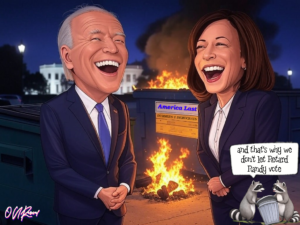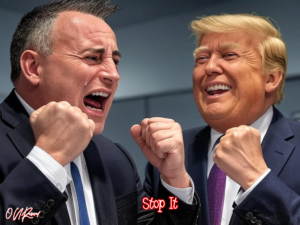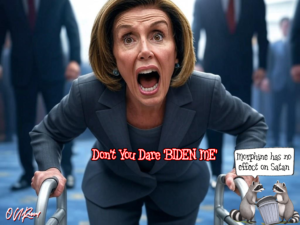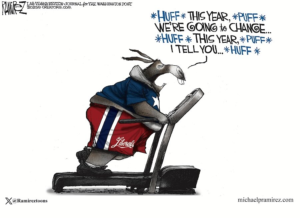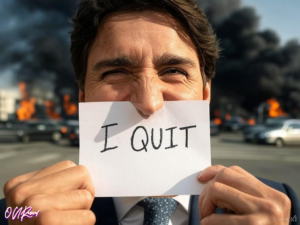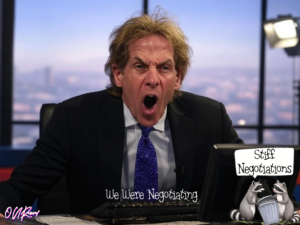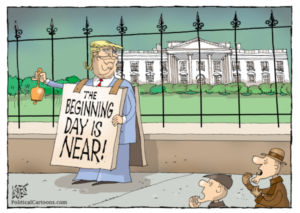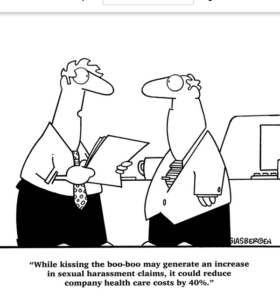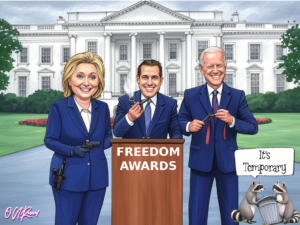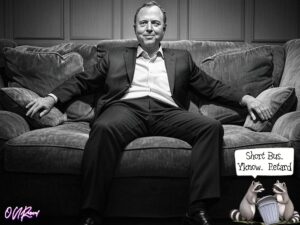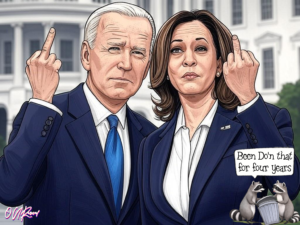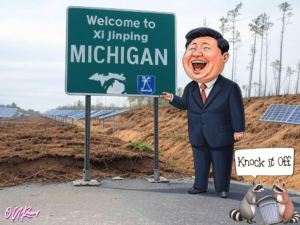LA’s Woke Fire Chief Puts Diversity Over Dousing Flames
In Los Angeles, where wildfires rage like the controversies surrounding its leadership, the city’s new fire chief, Kristin Crowley, has come under scrutiny for her heavy emphasis on diversity, equity, and inclusion (DEI) policies, potentially at the expense of operational efficiency during critical fire emergencies.
Kristin Crowley, who made history as the first female and openly lesbian fire chief of the Los Angeles Fire Department (LAFD), was appointed in 2022 by then-Mayor Eric Garcetti. Her tenure has been marked by a strong push towards DEI, with initiatives like the creation of the LAFD’s first-ever diversity, equity, and inclusion bureau in January 2023. This bureau was set up with the aim of overhauling the department’s culture, known for past issues of harassment and discrimination based on gender and race. However, critics argue that this focus might be misaligned with the primary mission of firefighting, especially in a city prone to wildfires.
Critics point to the timing and nature of these initiatives, especially in light of recent wildfires that have devastated parts of LA. They argue that the department’s prioritization of diversity quotas over merit-based hiring could lead to less competent firefighting teams. This perspective is fueled by social media sentiments where some users express frustration over what they perceive as a shift towards “DEI-compliant” rather than “operationally excellent” firefighting practices.
The discourse has intensified with the backdrop of a reported firefighter shortage, attributed by some to the enforcement of a COVID-19 vaccine mandate that led to the dismissal of numerous experienced firefighters. This has left the department scrambling to fill positions, with critics arguing that the focus on DEI has only exacerbated the issue, potentially compromising public safety during emergencies.
Crowley’s vision for the LAFD involves not just fighting fires but also fighting for inclusivity. She has been vocal about her commitment to increasing the number of women and members of the LGBTQ+ community within the department, stating her belief that diversity leads to better overall performance. However, this view has not been universally accepted. Critics, including some residents and former applicants, argue that while diversity is important, the primary criterion should be competence, especially when lives are at stake. They cite examples from other sectors where diversity initiatives have led to what they describe as “sub-optimal outcomes” due to a focus on meeting quotas rather than selecting based on merit.
Operational concerns have been highlighted in recent fire incidents where the response was perceived as inadequate, possibly due to the department’s current state. The lack of national television broadcasts for key firefighting events, similar to what has been criticized in NBA game scheduling, indicates a broader issue of public engagement and transparency in how these policies affect real-world outcomes.
While supporters of Crowley’s initiatives argue that inclusivity can lead to a more effective and empathetic firefighting force, the ongoing debate questions whether this approach is timely or even appropriate for an organization where immediate, life-saving action is the top priority.
In conclusion, the controversy surrounding Chief Crowley’s leadership reflects a broader cultural debate on the role of diversity initiatives in public safety roles. While the intent to foster a more inclusive environment is clear, the execution and timing of these policies amidst operational crises raise significant concerns about priorities within the LAFD. As wildfires continue to threaten Los Angeles, the city’s residents are left wondering if their safety is secondary to social agendas.


